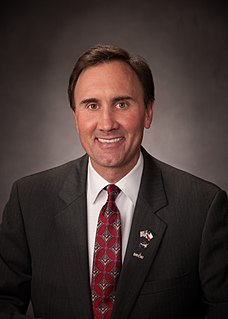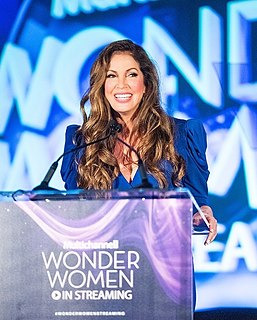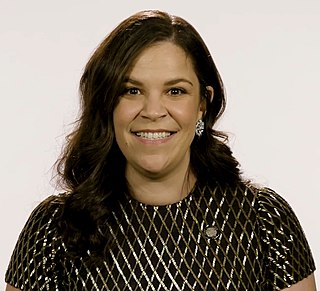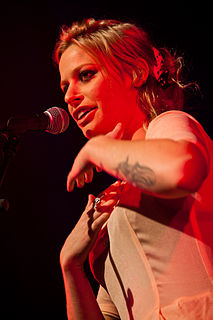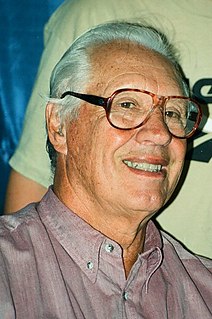A Quote by Don Rickles
I was in World War II; I cried when they took me in the Navy. That's the last time I cried.
Related Quotes
Growing up in the shadow of Johnson Space Center and moving to Texas to welcome our last moon mission home, I wanted to be an astronaut. Combined with my love for Navy history and World War II flight ops, and unsatisfying degrees in college and law school, I joined the Navy and became a naval aviator.
Relius looked away. "He said that you...cried," he said softly. "But not that he cried as well," said the queen, amused at the memory. "We were very lachrymose... would you like to hear more romance of the evening? He told me the Guard should be reduced by half, and I threw an ink jar at his head." "Is that when he cried?" "He ducked," said Attolia dryly. "I had not pictured you for a fishwife." "Lo, the transforming power of love.
It's important to remember that World War II was experienced very much as a continuity in that sense. Most of World War II in most of Europe wasn't a war; it was an occupation. The war was at the beginning and the end, except in Germany and the Soviet Union, and even there really only at the end. So the rest of time it's an occupation, which in some ways was experienced as an extension of the interwar period. World War II was simply an extreme form, in a whole new key, of the disruption of normal life that began in 1914.






